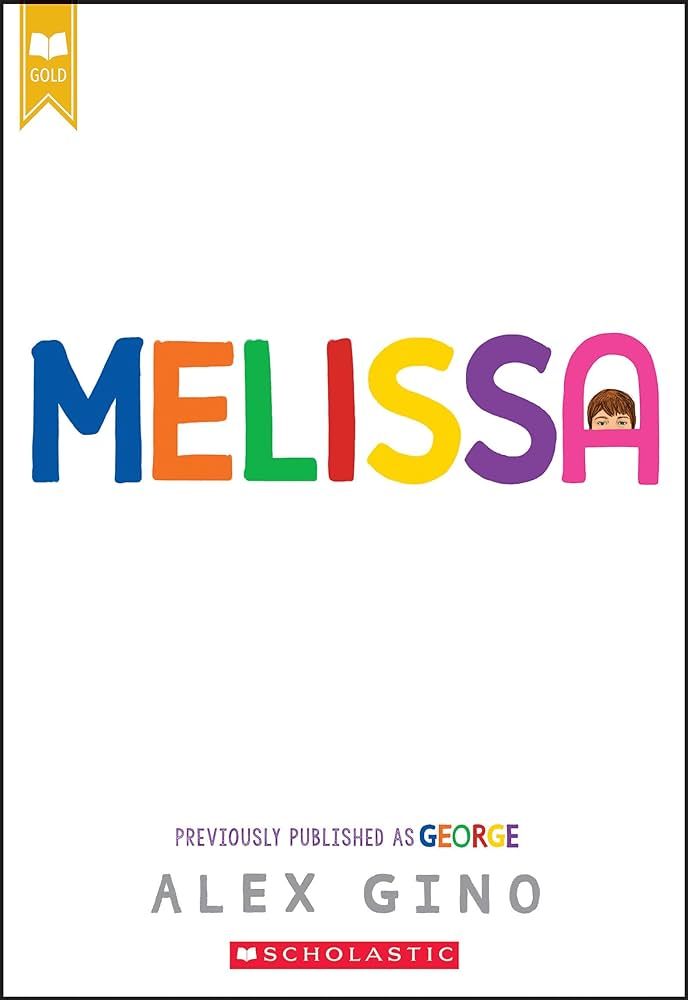The Bronx Masquerade
Paige Holley Dr. Ellis Banned Books 5 February 2024 The Bronx Masquerade In the first half of The Bronx Masquerade by Nikki Grimes students in Mr. Ward’s class find that they have more similarities than differences by listening and sharing their poetry in class on Fridays. Each student faces real world struggles that impact their personality and thought process. Students shared aspects of poverty, body images, fear of failure and more through writing poetry. However, as the novel progress’s readers can see a clear shift in students outlook on their classmates and their futures. The Bronx Masquerade gives readers a valuable lesson regarding expression and gaining confidence through artistic expression. The sharing of personal feelings, thoughts, and beliefs through poetry has allowed students to feel heard. The confidence they have gained has not only become apparent in their poetry but their actions as well. One student who has shown a lot of growt...
